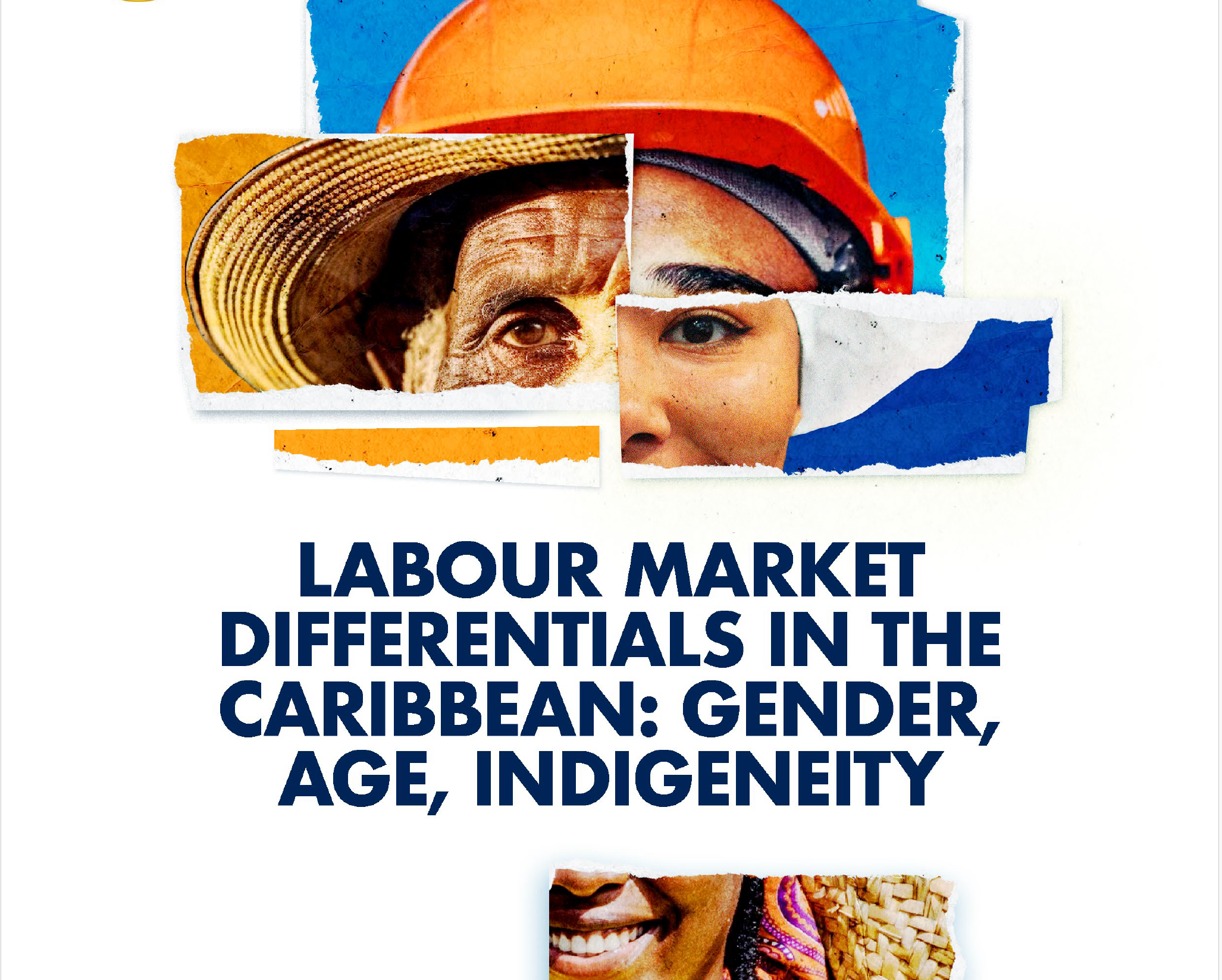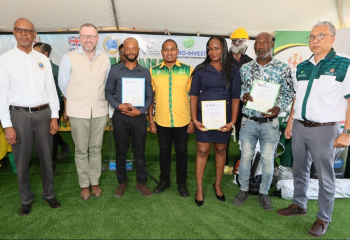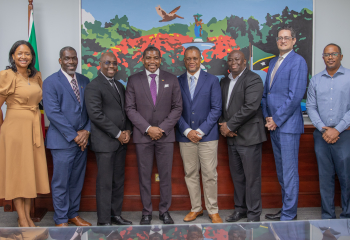Building an Inclusive Future: Reforming Caribbean Labour Markets for Equity and Resilience

The Caribbean stands at a pivotal moment in its development journey. As the region grapples with the challenges of globalisation, demographic shifts, and economic transformation, a study by the Caribbean Development Bank (CDB, the Bank) sheds light on a critical issue: persistent labour market disparities that hinder inclusive and sustainable growth and economic and social equity.
Titled “Labour Market Differentials in the Caribbean: Gender, Age, Indigeneity”, the study offers a comprehensive analysis of the structural inequalities affecting women, youth, indigenous peoples, and persons with disabilities across the region. It is both a sobering reflection and a hopeful roadmap - calling for bold, well-targeted and data-driven reforms to unlock the region’s full potential.
Unveiling the Gaps
Despite notable progress in education and social development, the Caribbean’s labour market remains uneven. Women, for instance, consistently outperform men in educational attainment, yet remain underrepresented in formal employment and leadership roles. The study highlights how unpaid care work, largely carried out by women, is systematically excluded from economic metrics leading to its undervaluation and invisibility in policy planning.
Meanwhile, male disengagement from education and employment is emerging as a troubling trend. Young men are increasingly absent from classrooms and job sites, contributing to broader social challenges and economic stagnation. This disengagement demands targeted interventions that address the root causes - from educational inequities to shifting cultural norms.
The region’s youth population faces its own set of hurdles. With unemployment rates among young people significantly higher than the general population, many are left without access to relevant training, career guidance, or pathways into stable employment. The result is a generation at risk of being left behind in a rapidly evolving world of work.
For indigenous peoples and persons with disabilities, the barriers are even more pronounced. Discrimination, inaccessible infrastructure and limited policy support compound their exclusion from the labour market. Their marginalisation not only undermines individual dignity but also weakens the region’s collective development goals.
Adding to these challenges is the lack of recognition of informal and non-traditional work. A significant portion of the Caribbean workforce operates outside formal structures - often without social protections, access to training, or representation in labour statistics. These workers are the backbone of many economies, yet their contributions remain largely invisible.
A Blueprint for Change
To foster a more inclusive and resilient labour market in the Caribbean, the CDB study recommends a multifaceted strategy that includes developing inclusive labour policies tailored to the needs of women, youth, indigenous peoples, and persons with disabilities - supported by legal protections, anti-discrimination measures, and infrastructure improvements. It also calls for expanded access to vocational training, digital literacy, and career development programmes to bridge opportunity gaps, particularly for underserved and marginalised populations. Recognising and integrating unpaid care work and informal sector contributions into national labour statistics and policy frameworks is essential to valuing all forms of labour. Strengthening labour market data systems to capture disaggregated information by gender, age, ethnicity, and disability status will enable more targeted and effective policy interventions. Finally, the study advocates for robust public-private partnerships to drive innovation and create inclusive employment opportunities across the region.
Towards a More Equitable Caribbean
The message from CDB is clear: inclusive labour market reform is not just a moral imperative - it’s an economic and social necessity. As Caribbean nations seek to recover and navigate ongoing structural shifts, the time to act is now.
By embracing the recommendations outlined in this landmark study, regional stakeholders can build a labour market that reflects the diversity, resilience, and potential of Caribbean societies. This means valuing all forms of work, dismantling systemic barriers, and ensuring that no one is left behind.
The Caribbean has the talent, the vision, and the opportunity to redefine its workforce for the 21st century. What’s needed is the collective will to turn insight into action.
This study can be the catalyst for change, a call to policymakers, educators, employers, and communities to work together in shaping a future where equity is not an aspiration, but a reality.

